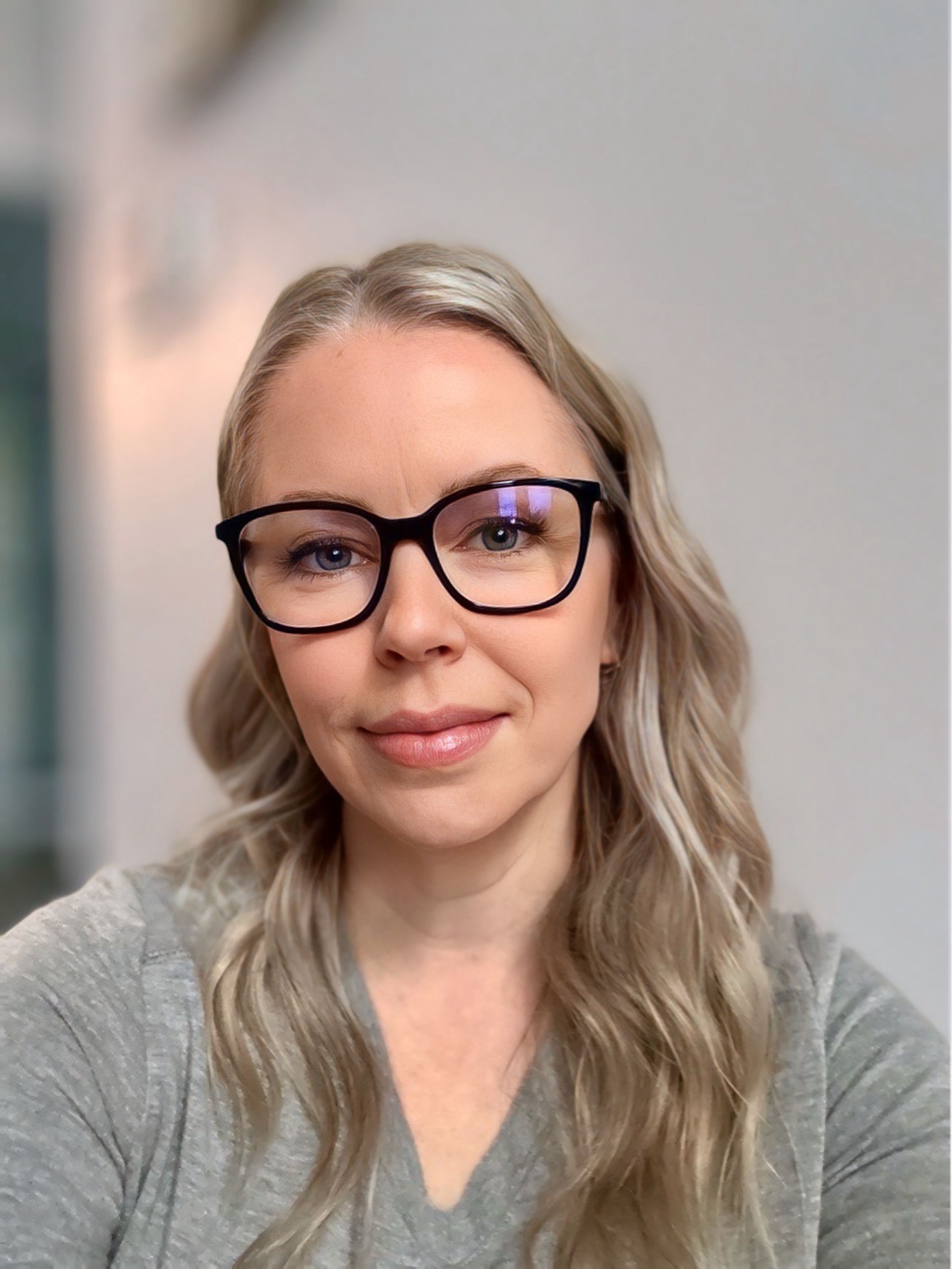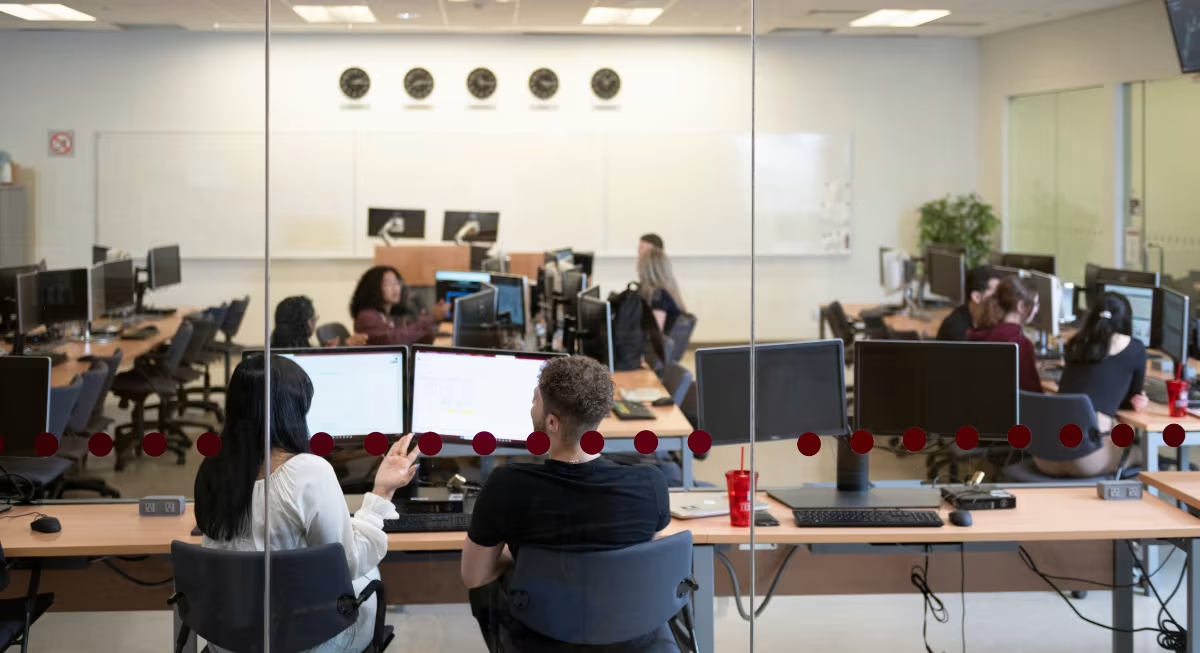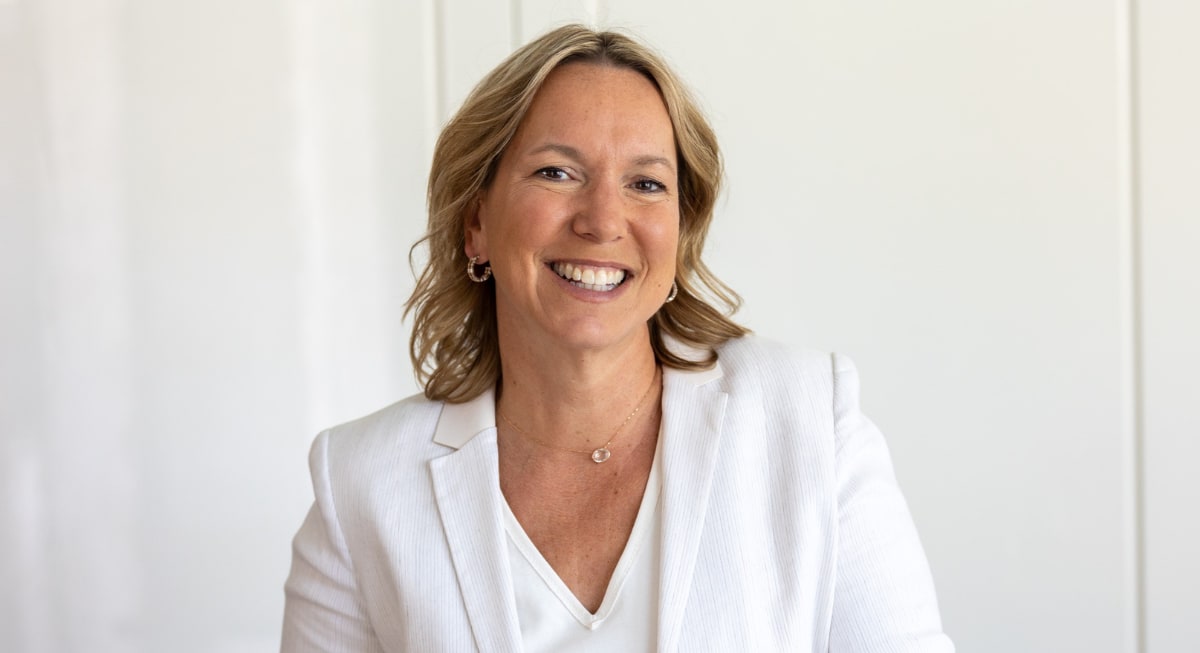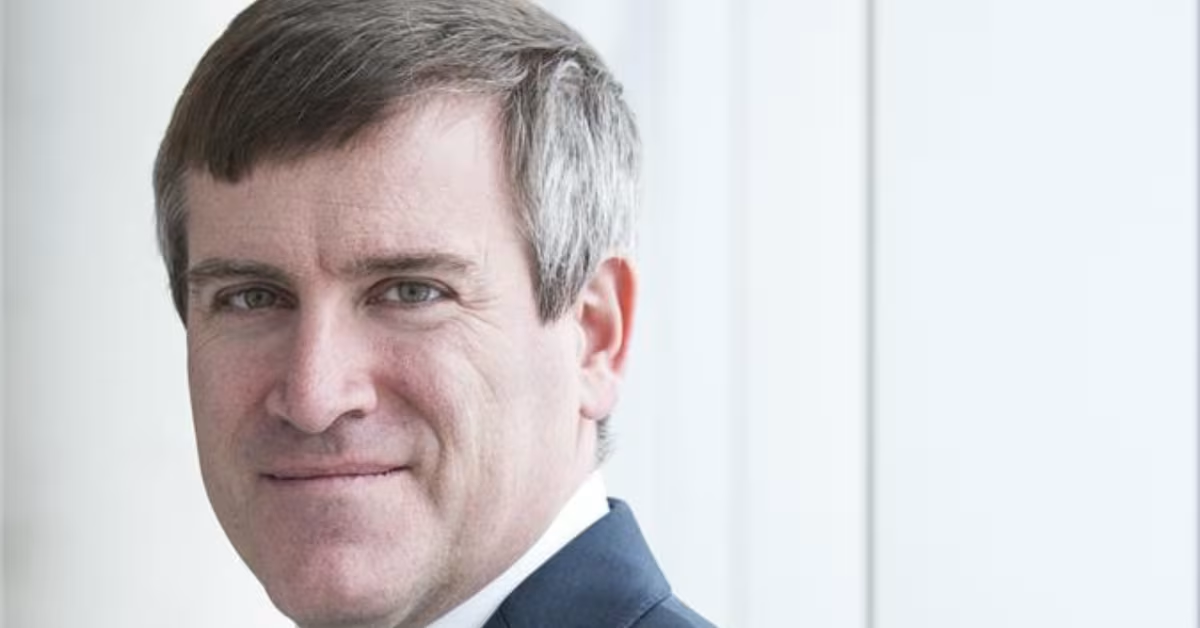Inspired, passionate, and excited about the future, that’s how the audience felt after hearing one of the world’s leading experts share her insight on workplace emotions. I had the privilege of attending a thought-provoking talk by Dr. Alicia Grandey, which challenged how we think about the price of faking a smile at work, the unique obstacles women leaders face throughout their careers, and the realities of navigating menopause on the job.
As a renowned professor of psychology in the industrial-organizational program at Pennsylvania State University, Dr. Grandey took the stage on May 2, 2025, at the Telfer School of Management’s annual Distinguished Speaker Series in Thriving Organizations and Societies to share her lived experience and insights on what makes an inclusive and resilient workplace, one where both employees and organizations can truly thrive. Dr. Grandey is a highly accomplished researcher, with over 65 publications in top journals and more than 30,000 citations, placing her in the top 1% of organizational scientists worldwide. Her research has focused on emotional labor, workplace mistreatment, and more recently, the intersection of women’s health experiences and work. The event was made possible thanks to the generous support of Intact Financial Corporation, which sponsored the event in partnership with the Telfer School of Management's Triple I Lab, as part of its commitment to advancing research in workplace well-being.
The high price of faking it at work
Imagine you work as a barista, expected to serve up smiles with every latte, or as a hostess at a busy restaurant, making pleasant small talk with every guest, no matter how tired, upset, or stressed you really are. The effort of constantly having to manage and display certain emotions on the job is known as emotional labor, and much of Dr. Grandey’s career has been dedicated to studying the price service workers pay for it. She explains that employees facing customers often must engage in “surface acting” in their workplaces. This means holding back how they really feel and pretending to be as happy as they’re expected to appear.
Faking emotions at work comes with real costs that affect both work and personal life, and these can range from emotional exhaustion and lower job satisfaction to even unhealthy coping habits like binge drinking after work. But Dr. Grandey didn’t just point out the downsides—she also offered practical ways to ease the burden of surface acting. These include creating emotionally safe work environments, encouraging leaders to recognize the value of emotional labor, practicing “deep acting”, that is, trying to genuinely feel the emotions you’re expected to display at work rather than pretending, giving workers more control over when to fake emotions, improving overall work conditions, and allowing employees time to rest, recharge, and engage in low effort activities.
Even bosses fake smiles
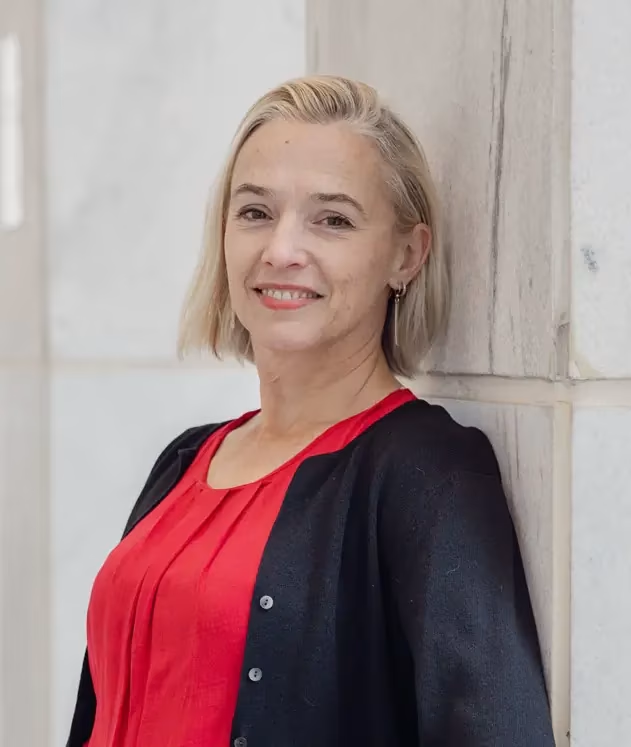
As it turns out, emotional labor goes beyond the service counter. Leaders, from front-line managers all the way up to the C-Suite executives, fake smiles too! In her recent book, Emotionally Charged: How to Lead in the New World of Work, Dr. Grandey and her co-author, executive coach Dina Denham Smith, explore how leaders also engage in acts of emotional labor and the hidden price they pay. The authors consider how emotional regulation can help leaders get back on track when feeling out of control emotionally. This book was written for a wider audience, and Dr. Grandey emphasized the importance of translating her research to make it more accessible beyond academia. Through this book and her articles featured in media outlets like the Harvard Business Review, The New Yorker, and Reddit, she explains that bringing research to a wider audience is “fun, impactful, and a way to get the research outside of the academic world.”
Switching gears: The three Ms of women’s health at work
Recently, Dr. Grandey’s research has switched gears to investigating the intersection of women’s health and the workplace, with particular focus on menopause. As a PhD student researching women’s experiences at work, I was especially excited to hear her speak about this important area. Women’s health has historically been treated as a taboo topic. However, in recent years, it has gained attention in organizational research through the work of a growing number of scholars, among them Telfer Professor Madeline Toubiana, who explores the challenges of perimenopause in the workplace, and Telfer Professor Jennifer Dimoff, who has researched experiences of pregnancy loss and the workplace.
Dr. Grandey explained that across the various career stages, there are different expectations and assumptions about what makes an “ideal worker,” which often ignore women’s biological and physiological changes. The audience listened attentively as she introduced the “three Ms” of women’s health, menstruation, maternity, and menopause, and how these natural experiences impact women’s careers. Focusing on the third “M”, menopause, she spoke about symptoms such as hot flashes, mood changes, lack of focus, and trouble sleeping. Though these symptoms might require certain workplace accommodations, her talk challenged the widespread stereotypes that frame them as limitations that lower women’s performance at work. Instead, she presented them as sources of strength that deserve respect and support.
“A heroine’s journey”
This message was especially compelling in her discussion of menopause, which Dr. Grandey saw as part of a “heroine’s journey.” She noted how we often see stories of men going through significant life changes depicted as a hero’s journey. In the same way, she positions the changes that come with menopause as a heroine’s journey for women. A central theme in her recent and upcoming research, menopause, was not portrayed as a decline but as a transition that reveals women’s resilience. She emphasized that while these symptoms are real and should not be dismissed, menopause should be seen as a productive stage of life, one that shows women’s strength. Their bodies undergo many changes, yet they learn to adapt, persevere, and continue to perform in the workplace.
The fire within
“Research is me-search”. This simple yet powerful statement by Dr. Grandey revealed that the inspiration for her academic work originated from her lived experience. It also reminds us that good research stems from a personal place. Her passion for work comes from a deep awareness of the tensions between personal and professional life, and how overlooked topics, like women’s health, can have real consequences for women in the workplace. By sharing her passion and enthusiasm with the audience, she reminded us that impactful research comes from the desire to answer the questions that ignite a fire in us.

